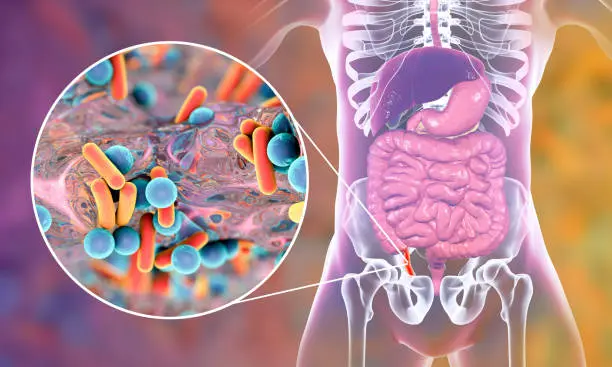The Invisible Organ: Unlocking the Power of the Human Microbiome
The human microbiome refers to the diverse community of microorganisms—bacteria, viruses, fungi, and archaea—that reside on and within the human body, particularly in the gut. These microbial populations play a crucial role in maintaining health by supporting digestion, synthesizing essential nutrients, regulating the immune system, and protecting against pathogenic organisms. Recent research has revealed strong links between the microbiome and a variety of health conditions, including metabolic disorders, autoimmune diseases, and mental health. Advances in metagenomic sequencing have significantly enhanced our understanding of the microbiome's complexity and its dynamic interaction with host biology. As a result, the microbiome is now considered a key frontier in personalized medicine, offering new opportunities for diagnostics, therapeutics, and preventive healthcare.
